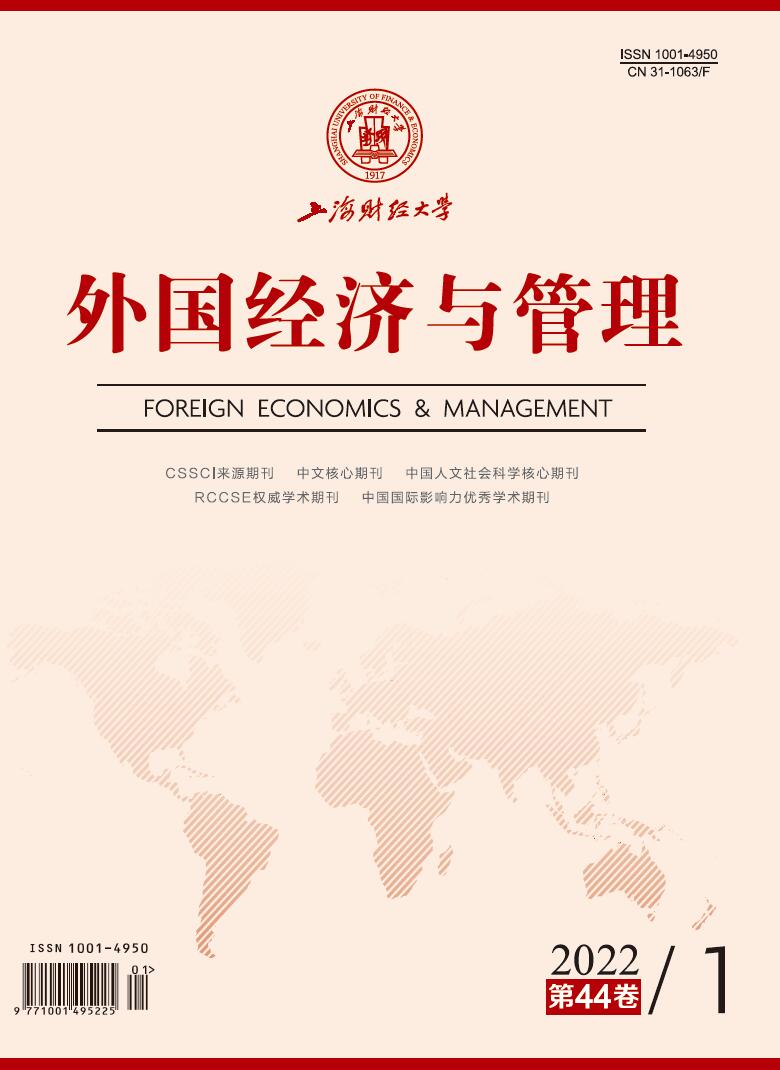Social media has become an important method for the word-of-mouth (WOM) marketing of luxury brands. Considering the social symbolism of luxury brands and the interactivity of social media, the social characteristics of WOM play a prominent role in the WOM marketing of luxury brands. Prior research mainly focuses on the impact of luxury brands’ WOM, suggesting that social ties between senders and receivers strengthen the effectiveness of WOM. However, the complexity of social media and the backfire of positive reviews have been neglected. From the perspective of social comparison, this study reveals that the social characteristics of senders (i.e., ascribed status) can affect WOM effectiveness, rendering a negative effect of positive reviews on luxury brands.
The research has three experiments, all of which are conducted using scenario-based experiments. In Study 1, we investigate how senders’ ascribed status affects receivers’ brand attitudes and the mediating role of malicious envy. In Study 2, we examine the moderating role of perceived social mobility, and test the impact of ascribed status on brand attitudes in different levels of perceived social mobility. In Study 3, we examine the moderating role of brand prominence, and analyze the effect of ascribed status in different conditions of brand prominence. ANOVA, confirmatory factor analysis and mediation analysis are used to verify the research hypotheses.
The results suggest that: When senders are with ascribed status, consumers have low perceived control in reducing the status gap, leading to malicious envy and less favorable attitudes toward the mentioned brand. Moreover, when receivers have lower perceived social mobility, or when the content is with higher brand prominence, the negative effect of senders’ ascribed status are stronger. In marketing practice, this study provides marketing managers with more in-depth insights on how low perceived social mobility changes consumers’ attitudes and behaviors, and also provides management suggestions for the social media marketing of luxury brands.
The main contributions of this study are as follows: First, it focuses on the social characteristics of senders, reveals the negative effect of positive reviews on luxury brands, and extends the understanding on the effectiveness of social media reviews. Second, from the perspective of social interaction, it investigates the mental mechanism of how WOM affects consumers’ brand attitudes through the social comparison theory, demonstrating how social media WOM affects receivers’ brand attitudes from the perspective of malicious envy. The findings extend the understanding on the effectiveness of social media reviews. Third, focusing on the impact of social interaction on brand image, it highlights the significance and managerial implications of the social characteristics of the senders of luxury brands’ WOM.





 4490
4490  5956
5956

